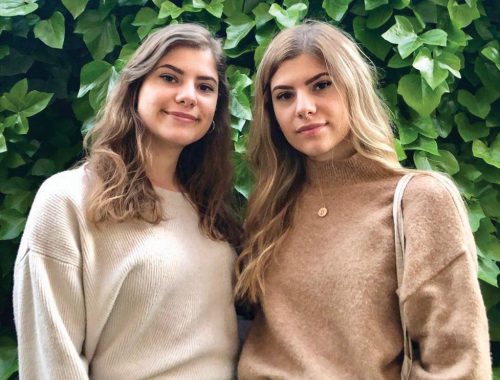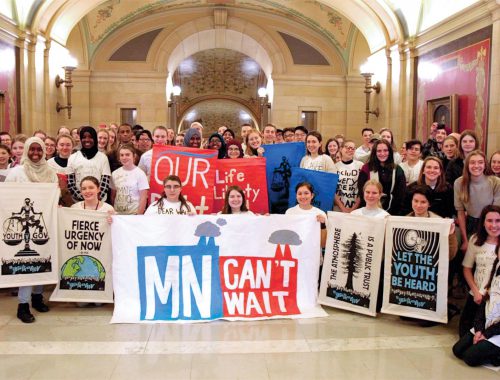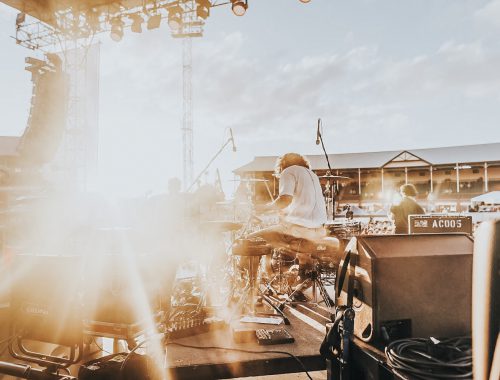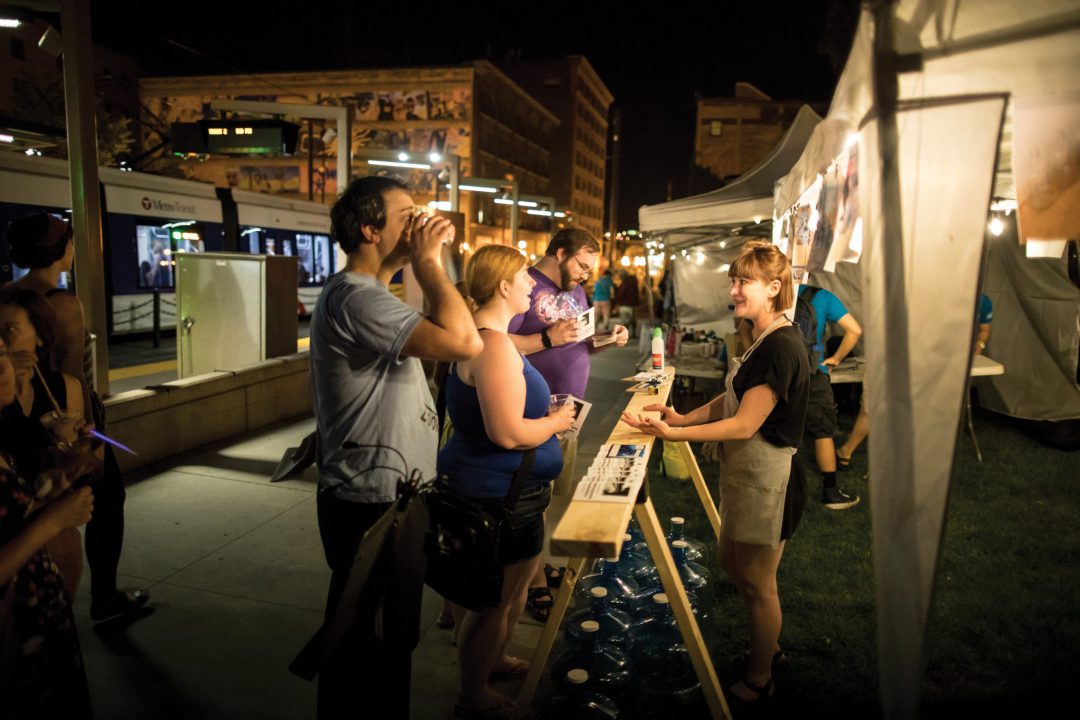
Water, Water Everywhere
An artists’ studio aims to redefine our relationship with a limited resource.
In the land of 10,000 lakes, water is a source of pride and an essential part of life. Despite how much we depend on the natural resource, though, Minnesotans rarely take the time to appreciate its importance — or its vulnerability.
Water Bar & Public Studio in Northeast Minneapolis, co-founded by artist Colin Kloecker and Shanai Matteson, is dedicated to changing that dynamic. “We have been able to really see how water is related to everything, to every facet of our lives and of our society and our culture,” Kloecker says. The idea behind the collaborative public art project is outlined on its website: “It is, most simply, a bar that serves local tap waters. Water Bar is also an open space for the generation of conversations, connections, and creative thinking around the life-sustaining, precarious, communal activity of drinking water.”
bartenders, like the customer base, can be anyone — from everyday citizens to government officials to environmental enthusiasts. “Water Bar is a place to talk, to quench your thirst, to inquire, and to share personal stories and reflections,” the website explains.
One popular aspect of Water Bar’s model is its focus on facilitating pop-up bars around town, where people from diverse backgrounds serve water to people while relaying their own water-based experiences. The volunteer
Looking for an innovative way for students to think about sustainability, Kimberly Long — the event manager at the Institute on the Environment at the University of Minnesota — hosted a Water Bar pop-up at the U of M’s New Student Weekend in 2015. Since then, Water Bar has been a prominent, recurring exhibit.
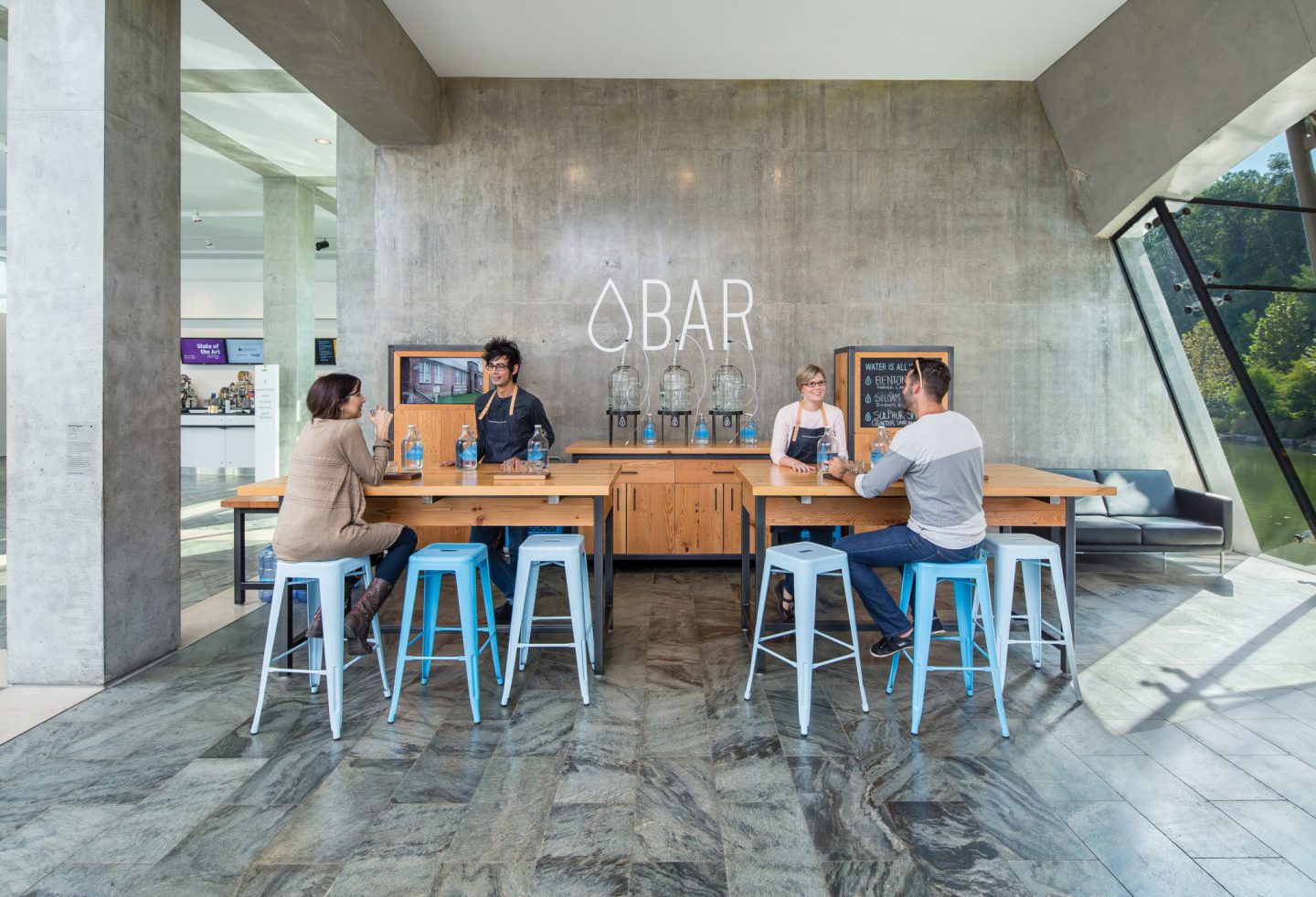
“It just starts spreading the word of how we can have these conversations around water and climate and the environment and sustainability in ways that aren’t as daunting and brings everyone to the table at the same playing field,” Long says.
According to “Advancing One Water Through Arts and Culture,” a 2018 report by the U.S. Water Alliance, artists act as cultural changemakers. That’s because experiences resonate more powerfully for people when something or someone evokes an emotional response.
“Culture is upstream of everything,” Kloecker says. “If we want to change our relationship with the environment, artists are the best equipped to address culture.”
Amoke Kubat is a mother, writer, educator and founder of Yo Mama, an art-based support program that emphasizes the social and political value of motherhood. Yo Mama is also one of the many partners Water Bar has worked with and learned from. Kubat says her understanding of, and appreciation for water was fundamentally transformed by the relationship.
“The more I was around them the more I realized I don’t even drink water,” Kubat says. Curious about her own drinking habits, she started researching the health disparities of women of color and discovered that dehydration is the onset of many health deficiencies. “So, if you start early enough using water, drinking water and hydrating yourself, you can reverse a lot of things.”
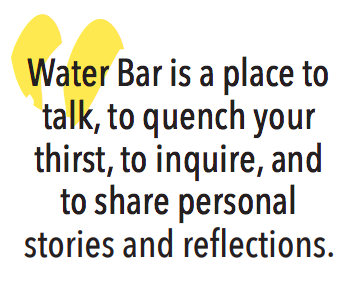
Those who visit Water Bar’s permanent space in northeast Minneapolis can take advantage of a variety of workshops, some that deal directly with water-related issues, and others that don’t. In a “Prepare to Care” workshop that Kubat and Matteson hosted, for instance, women in attendance selected what items they would pack in canvas backpacks, called “bug-out bags,” in the event of a national disaster or emergency. After one woman said she would need to pack grease, a conversation about how grease is an indispensable tool for survival began.
“Those are things that you’d have to experience to know,” Kubat says. “Let people tell their stories and you gain a lot of wisdom.”
Healing Place Collaborative, made up of Dakota Indigenous artists, has also impacted Water Bar’s philosophy and practice.
Healing Place emphasizes the relationship between people and place, an important aspect when trying to relate water to people from various backgrounds. “For us to really change the culture around water, we need to not only see it as a resource, but as a relative,” Kloecker says.
Artistic works from Healing Place are featured in the space’s storefront. “We’re working with these organizations locally to figure out how to reconnect with people and how to make environmentalism relevant to people’s day to day lives,” Kloecker says.
Water Bar has served around 80,000 people over the last four years, according to Kloecker. Every time a glass is served, someone is introduced to the concept of water literacy. Where water comes from, the treatment it undergoes, the organizations that interact with it, the distinct issues per area, and the culture around it are all components that make water what it is.
“We need to create cultures that feed people’s souls, that can build movements that change the ways that we live and the ways that we see the world,” Kloecker says. “And that’s what working with culture can do. It expands the ways we imagine what’s possible.”
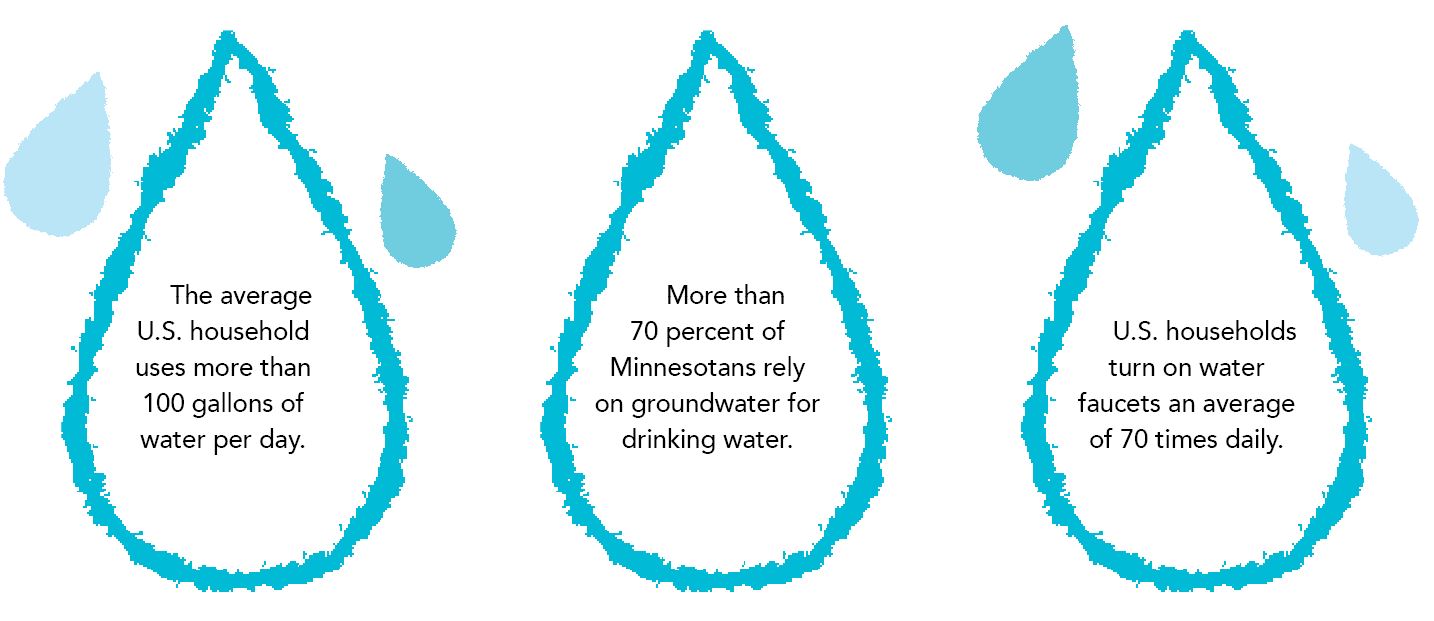
Photos: Water Bar & Public
Statistics: Minnesota DNR



